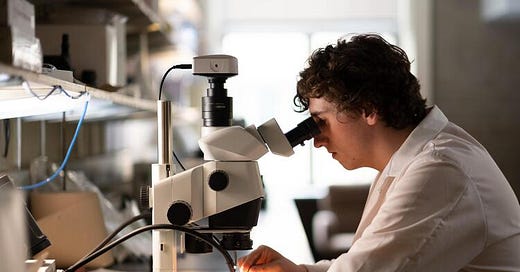Six False Beliefs About Science
Science is not a religion, nor is it an ideology, nor is it a fixed set of beliefs about the world, or a consoling narrative to make us feel better about our way of life or our system of government. Rather, it is a method of inquiry resting on provisional hypotheses to be defended and put to the test through rigorous logical inference, making use of transparent assumptions and empirical evidence. Scientific hypotheses are just that: hypotheses, not dogmas. As such, they are, in principle, falsifiable in the light of emerging evidence and competing hypotheses.
Unfortunately, during the Covid pandemic, popular misconceptions about science abounded, often reinforced by naive journalists and scientists who did not have the courage or the foresight to correct public misconceptions. Indeed, one could even say that a whole mythology about science crystallised over the course of the pandemic. The main assumptions of this mythology, while politically convenient for some, are patently false and at odds with the true spirit of scientific inquiry.
It does not take a professional scientist to understand this. Anyone with a passing familiarity with how science progresses - through the elaboration of provisional hypotheses, to be critically tested and refined over time - can grasp the difference between the spirit of scientific inquiry and the spirit of ideology and indoctrination.
Here are six elements of the false mythology of science that has become disturbingly influential in popular conversations about the Covid-19 pandemic. Exposing these false assumptions is an important preliminary step to take if we wish to evaluate the merits of competing public policies freed from the baggage of pseudoscientific blather:




